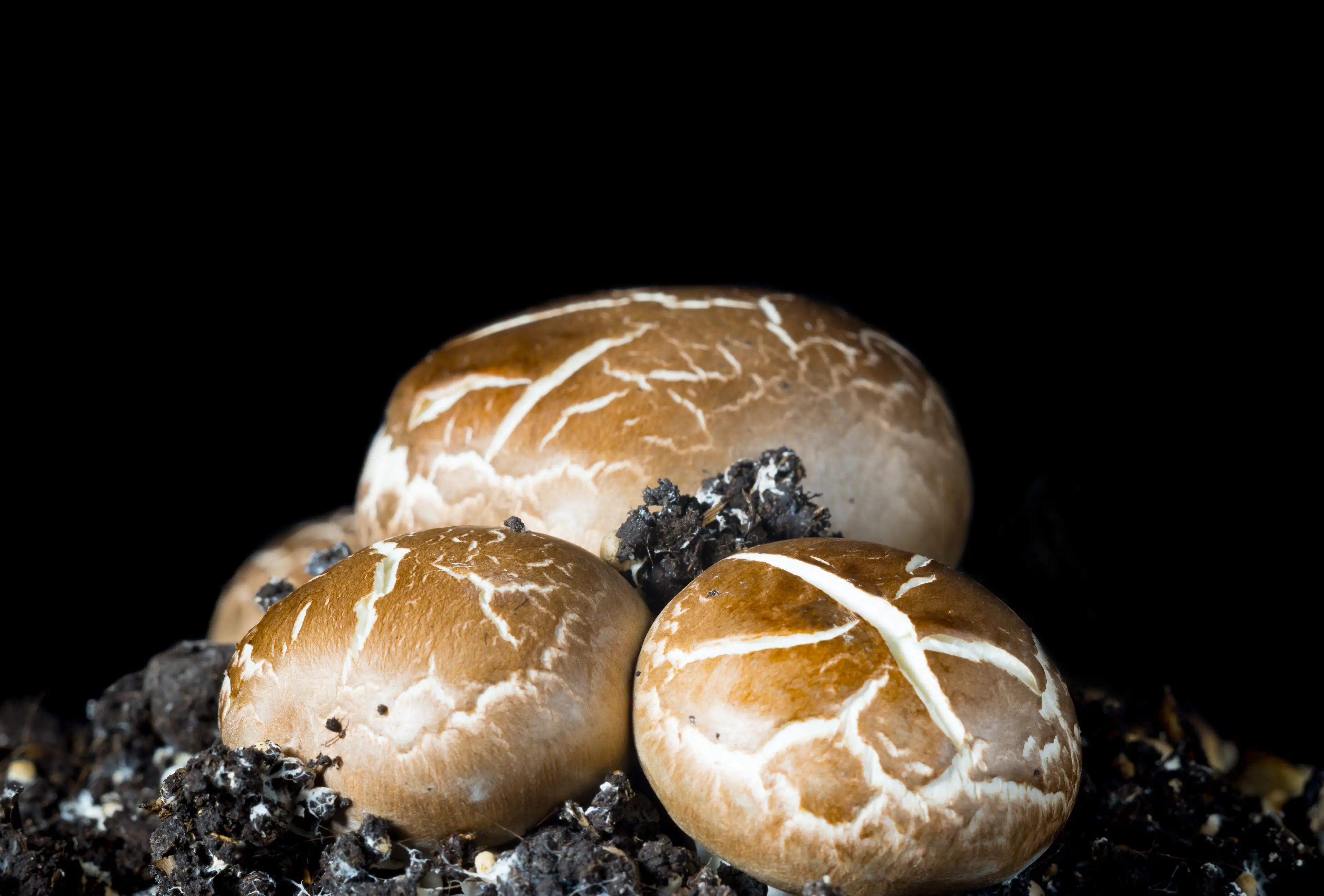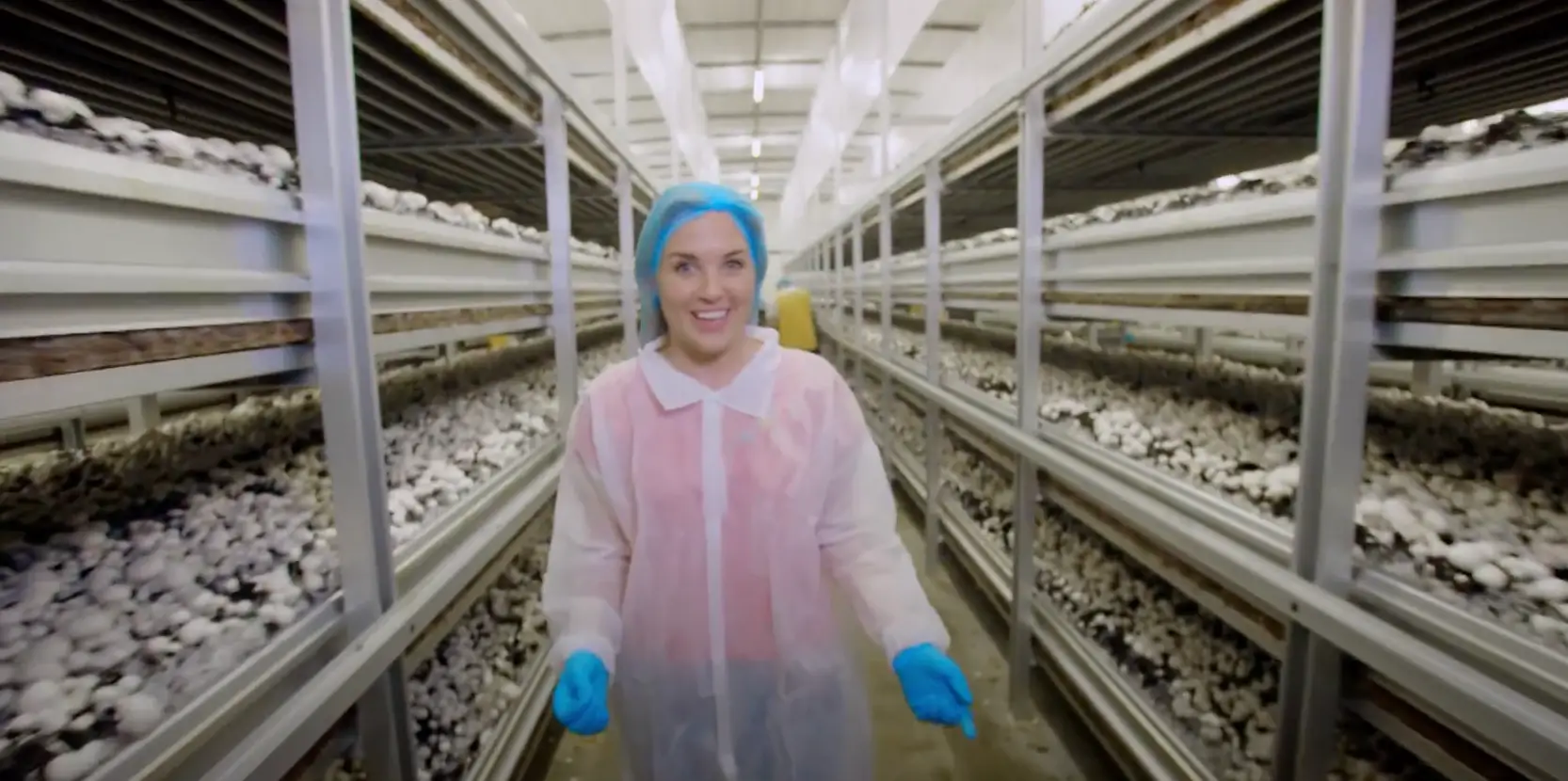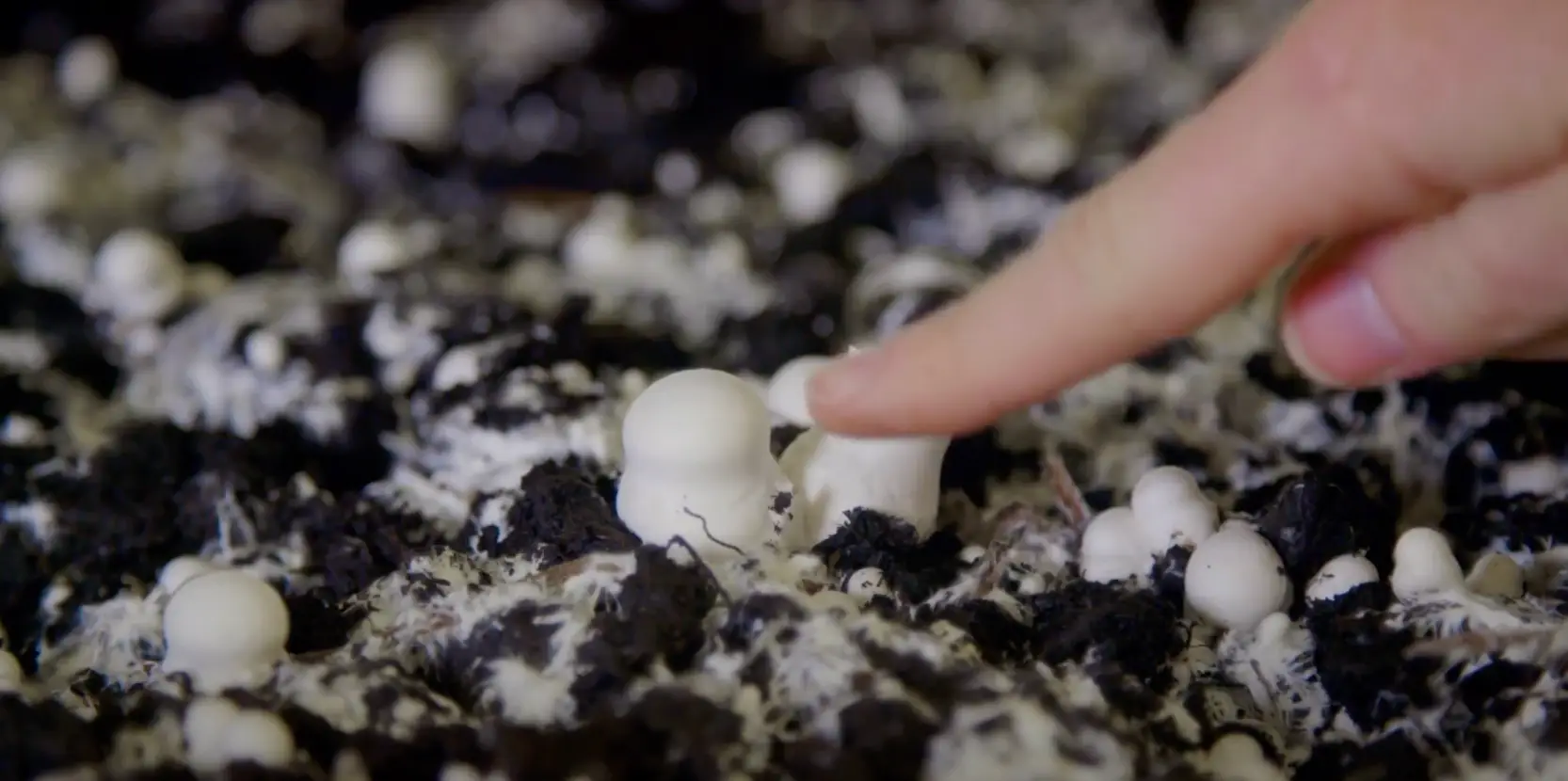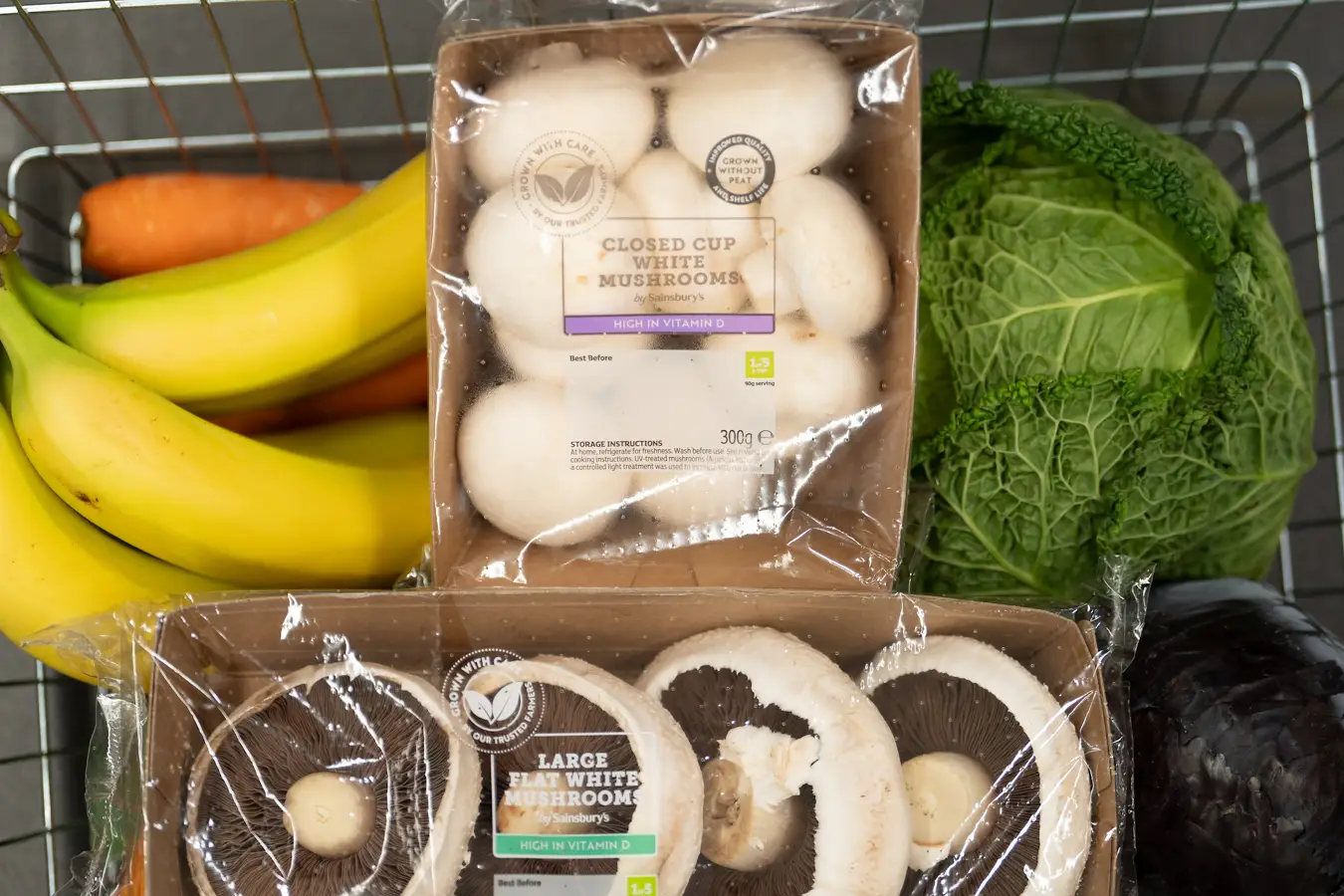Everyone’s got a different approach when it comes to prepping mushrooms they’ve picked up from the supermarket.
Some like to wash them, others might peel them, while many grab some kitchen roll and wipe off any muck.
Yep, mushrooms are arguably one of the fiddlier vegetables to clean before they’re ready to chop up and throw into your cooking. But what is it you’re actually cleaning from them?
The black-coloured dirt you find on mushrooms isn't what you think it is (aleksask/Getty Images) You may have noticed that the mud-like grime you often find on commercially-grown mushrooms looks a lot darker than the dirt you find on carrots, leeks and many other muddy veg. In fact, it’s pretty much black, and often appears to have bizarre white clumps running through it.
That’s because mushrooms are actually grown in a very different way to some of your other weekly shop staples – and the practice is much more controversial than you might realise.
The majority of supermarket mushrooms in the UK are grown indoors on huge shelving units. The process involves a base layer of composted straw and animal manure, with a top ‘casing’ layer of peat, the carbon-rich organic matter found in wetlands like bogs and fens that is used make the fruiting bodies form.
It’s this residue of peat - the carbon-rich organic matter found in wetlands like bogs and fens – that you see when you’re cleaning mushrooms.
According to Ralph Noble, of horticulture company Microbiotech, it all started around 60 years ago, when UK growers realised that using peat instead of soil ‘massively improved’ their yield.
They're grown indoors on shelves (CBeebies/BBC) The only thing is, the extraction methods used to get this precious matter can be hugely damaging to ecosystems.
Noble told the New Scientist back in 2022 that the UK uses in the region of 100,000 cubic metres of the stuff each year for growing mushrooms.
“It’s quite a significant use of peat,” Noble warned, with Pete Smith from the University of Aberdeen estimating at the time that the peat used would release around 11,000 tonnes of CO2 – the equivalent to the emissions of more than 2,600 cars.
Last October, Sainsbury's announced it would become the first UK supermarket to introduce peat-free mushrooms, explaining how the ‘significant change’ in the growth process ‘reduces the carbon intensity of mushroom production, leaving peat in the ground, which will help protect nature'.
“As a natural carbon storer, peat plays a key role in regulating earth’s climate. Extracting peat to help grow products such as mushrooms is contributing to climate change and the destruction of wetland ecosystems, as carbon emissions are released during harvest and the peatlands can take decades, if not centuries, to recover,” the retailer said in a press release at the time.
Sainsbury's now sells peat-free mushrooms (Sainsbury's) “Peatlands also provide critical habitats for many rare, threatened or declining animal and plant species, while having a significant ability to retain water, and to improve both soil and water quality.
"With weather patterns becoming increasingly unpredictable due to climate change, peatlands’ ability to slow water flow can potentially help to reduce the risk of flooding.
“This breakthrough will not only benefit the planet but also customers as it has resulted in mushrooms that are higher in quality – firmer in texture and whiter in colour – with a day longer shelf life.”
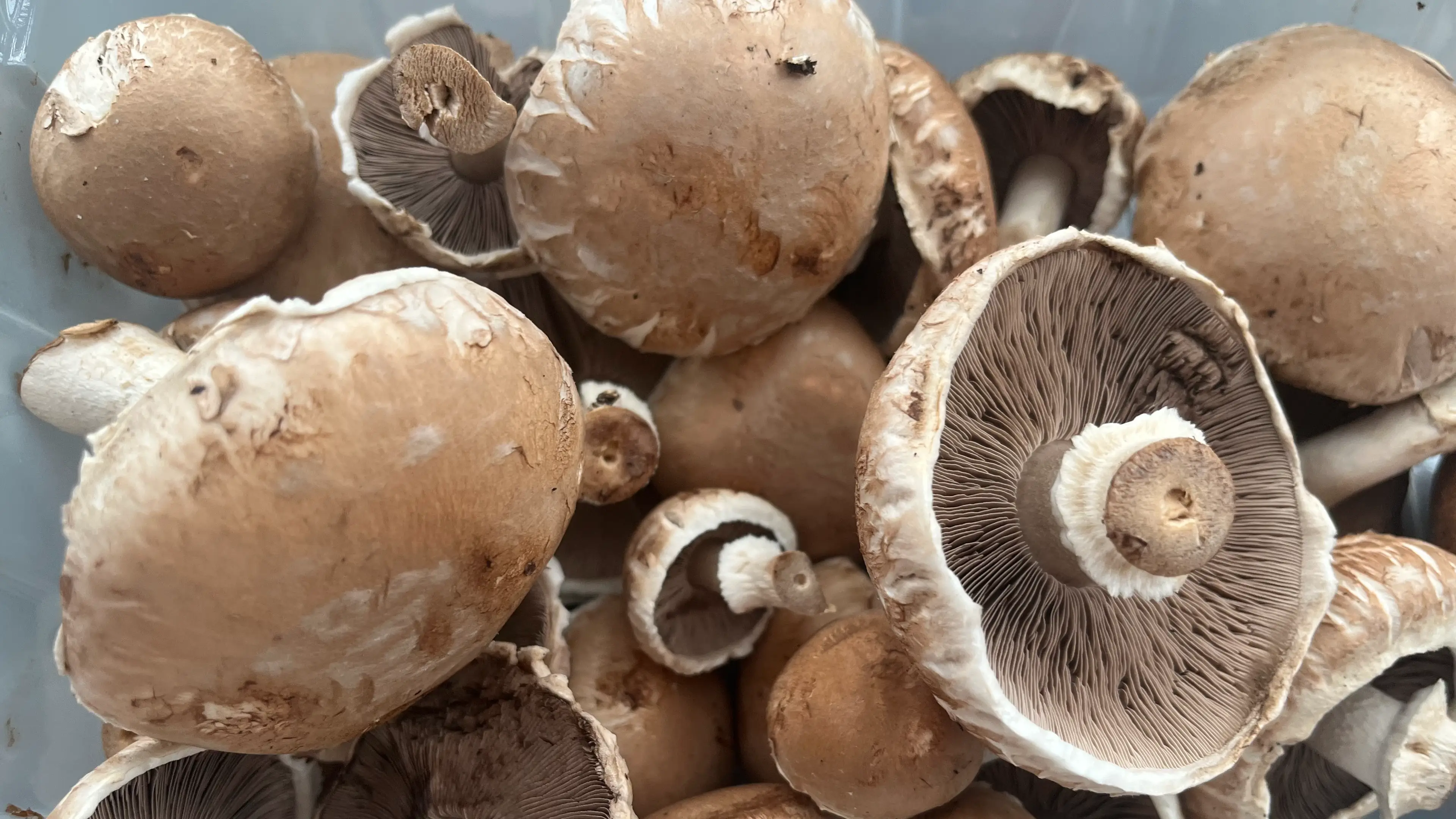
 Jess Hardiman
Jess Hardiman